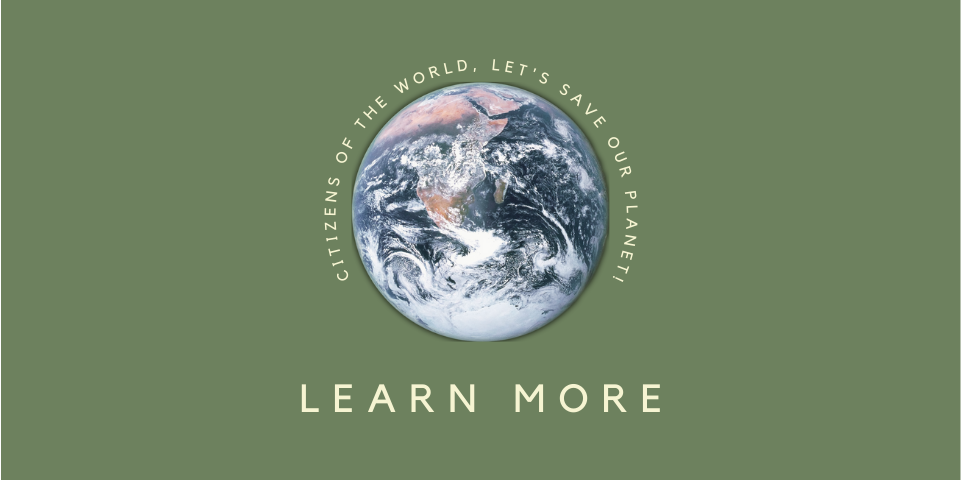Learn More About Food and Climate Change
Food is part of our everyday lives, it exists in our fridge, dining table, desk and even sometimes in the cracks between the cushions on our couch! Today, most people get their food either from grocery stores or in restaurants. Obtaining food now is so convenient that it is easy to forget where our food comes from, and that what we purchase is an indicative vote to the entire food supply chain of the kind of agricultural practice and types of crops we want.
Food production accounts for over a quarter of global greenhouse gas emissions, and half of the world’s habitable (ice and desert-free) land is used for agriculture. The urgency of the climate crisis and the significant impact that food has on greenhouse gas emissions means that food services and consumers have an important role to play in their food choices, by creating demand for less carbon-intensive foods.
Here are a few handy resources to learn more about the connection between food and climate change.
Guides to eating more sustainably
- Sustainable diets, what you need to know in 12 charts from World Resources Institute
- Guide to Sustainable Menu from Menudurable, a Canadian organization
Documentaries to deep dive the not-well-known ‘secrets’ of certain food supply chains
- Seaspiracy (NEW-released March 2021!): From the co-creator who brought you the groundbreaking documentary Cowspiracy comes Seaspiracy, a follow up that illuminates alarming – and not widely known – truths about the widespread environmental destruction to our oceans caused by human behaviour. Filmmaker Ali Tabrizi initially set out to celebrate his beloved ocean, but instead found himself examining the harm that humans inflict upon the vulnerable seas. From plastics and fishing gear polluting the waters, to the irreparable damage of bottom trawling and by-catch, to illegal fishing and devastating hunting practices, humanity is wreaking havoc on marine life and, by extension, the entire planet. What Tabrizi ultimately uncovered not only challenges notions of sustainable fishing but will shock anyone who cares about the wonders of ocean life, as well as the future of the planet and our place on it. Available on Netflix.
- Cowspiracy: The Sustainability Secret: This groundbreaking documentary investigates the huge impact of animal agriculture on the environment, and the lack of awareness and action on the issue. Available on Netflix and Amazon Prime, or for $3.99 on YouTube or Google Play.
- Meat the Truth: Livestock farming causes 18% of greenhouse gas emissions whereas transportation is only responsible for 13%. How can this be? It’s rather simple. When you put together all the methane produced by belching and farting cows, the destruction of the rainforests, and pesticides you get a recipe for disaster. Learn more about the environmental impact of farming livestock. You can find it for free in the link we provided.
- Food, Inc: Food, Inc focuses on how food corporations have changed the way we produce food. They place profits before population health, worker well-being, and the environment (although they don’t mention the impact on emissions - this documentary is from 2009!). You can watch it for free in the link we provided or with an Amazon Prime subscription.
Organizations researching and reporting on the impacts of food and climate change
- Foodprint https://foodprint.org/
- World Resources Institute: Creating a Sustainable Food Future https://research.wri.org/wrr-food
- Our World in Data: Environmental Impacts of Food Production https://ourworldindata.org/environmental-impacts-of-food
The most impactful way you can help is by eating foods with a lower environmental impact (eg. plant based). Another way would be to send your favourite restaurant a message and suggest them to include climate labels on their menu. We need to fundamentally improve how people think about food, so any small action can help. Together, we can spread awareness and learn to eat for a healthier planet!
